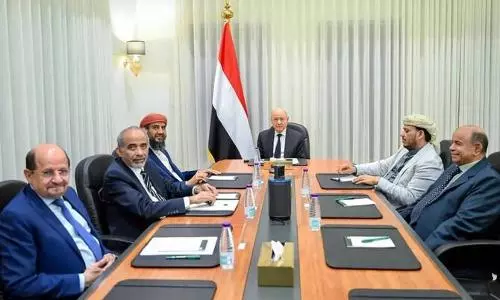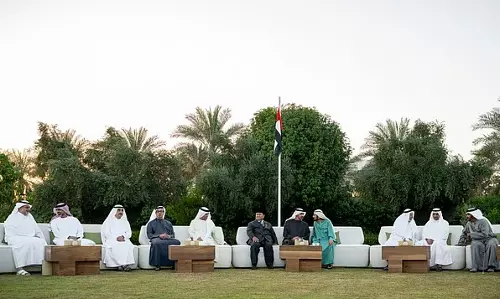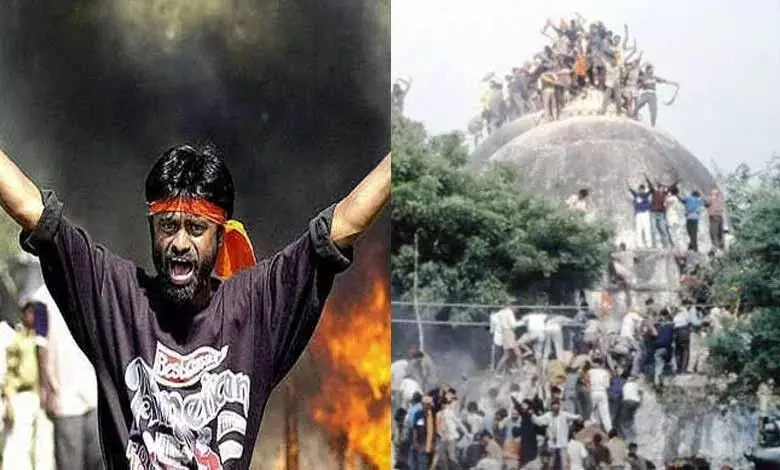
Not to create animosity: NCERT defends removal of Babri Masjid, Gujarat riots
text_fieldsThe National Council of Educational Research and Training (NCERT) has defended its decision to remove key historical references from the class 12 Political Science textbook, specifically those related to the demolition of Babri Masjid in Ayodhya, LK Advani’s Rath Yatra, and the 2002 Gujarat Riots.
NCERT Director Dinesh Prasad Saklani has emphasized that the changes are aimed at fostering positive citizenship rather than focusing on violent and divisive historical events. According to Saklani, the purpose of education is not to create animosity or depression among students but to encourage them to become constructive members of society. This perspective has guided the decision to omit certain sensitive topics from the curriculum.
The updated textbook’s chapter titled ‘Recent Developments in Indian Politics’ now refers to the Babri Masjid as a “three-domed structure” without mentioning its historical significance or the events that led to its demolition by Hindu majoritarian groups in 1992.
Previous versions of the textbook had clearly stated that the mosque was built in the 16th century by Mir Baqi. The revised content passively acknowledges the demolition by stating it posed a challenge to Indian democracy but omits details about the individuals and groups responsible for the act.
The revisions extend to the portrayal of the Ram Janmabhoomi Temple Movement, which is now described in terms that highlight legal and political disputes rather than the communal violence associated with it.
The textbook narrates the movement’s impact on Indian politics, culminating in the construction of the Ram Temple following the Supreme Court’s verdict in 2019. This section has been framed under a newly added subsection titled ‘From legal proceedings to amicable acceptance,’ which underscores conflict resolution through legal and democratic means.
The narrative emphasizes the maturity of Indian democracy in resolving such disputes, highlighting the legal and archaeological evidence considered by the Supreme Court.
However, these changes have drawn criticism from various quarters. Critics argue that omitting the context of anti-Muslim violence and communal tensions misrepresents the historical events and sanitizes the narrative. They contend that understanding these events in their entirety is crucial for students to grasp the complexities of Indian politics and communal relations.
Criticism is not limited to secular and liberal voices. Even figures from the Hindu Right, including the chief priest of the Ram Temple, Satyendra Das Maharaj, have expressed dissatisfaction.
Maharaj pointed out that the textbook failed to mention key historical moments, such as the appearance of Ram Lalla in the Babri Masjid in 1949 and the subsequent puja. He believes these omissions leave the historical account incomplete and undermine the understanding of the Ayodhya movement’s full history.
This is not the first time NCERT’s revisions have been contentious. In the past, the council faced backlash for proposing to replace the name ‘India’ with ‘Bharat’ in textbooks, a move seen as politically motivated following the formation of the Congress-led INDIA bloc. Additionally, the removal of India’s first Education Minister Maulana Abul Kalam Azad from the class 11 textbook and references to Jammu and Kashmir's conditional accession have also sparked debates. Chapters on Mughal history have been significantly altered or deleted, raising concerns about the selective representation of historical facts.
While NCERT argues for a curriculum that promotes positive citizenship, critics fear that the selective omission of historical events might lead to a skewed understanding of India’s past among students.























